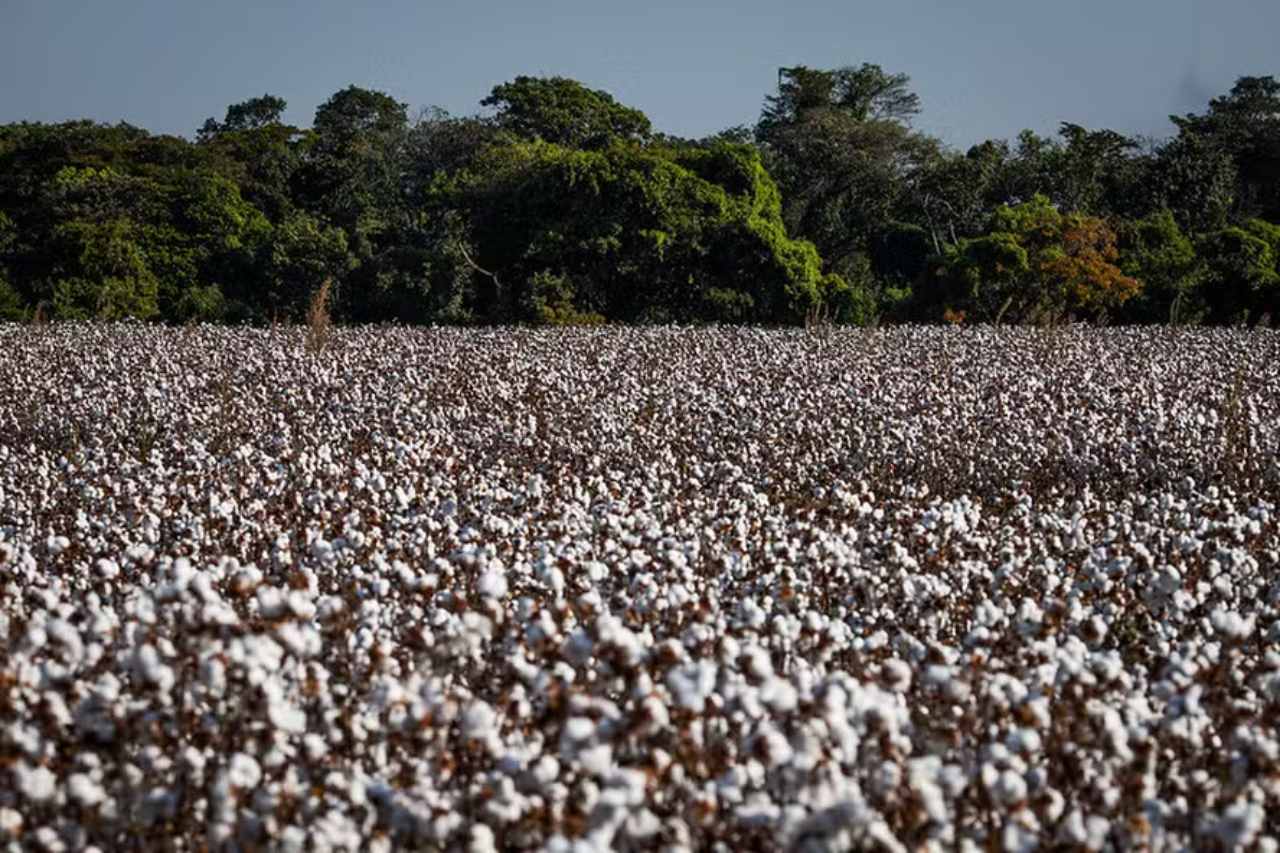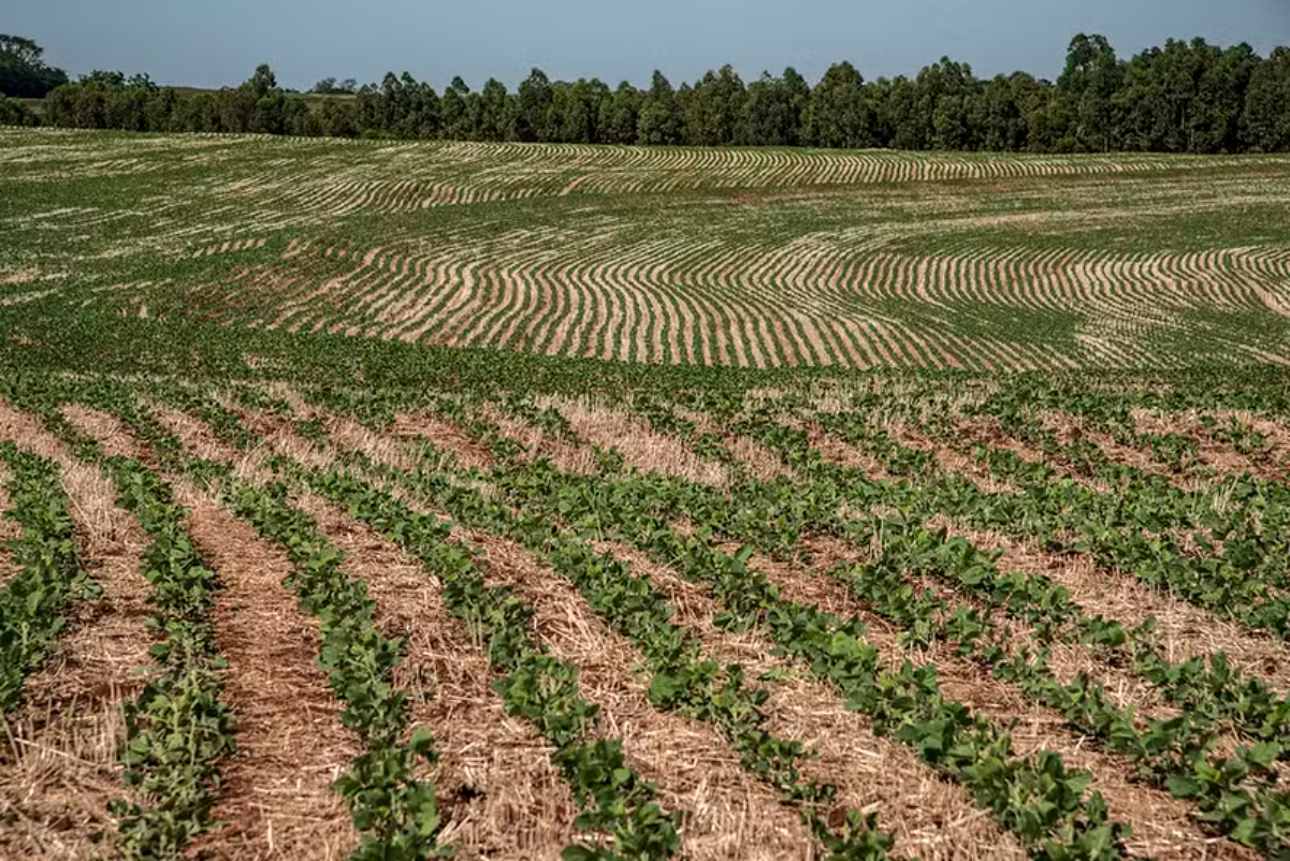1,600 sacks of coffee shipped to Europe with near-zero carbon emissions.
In a groundbreaking move for the coffee industry, the Cooperative of Coffee Growers from Cerrado (Expocacer), based in Patrocínio, Minas Gerais, has exported 1,600 sacks of 60 kilograms each of coffee using a sailing vessel. This initiative combines traceability with a near-zero carbon footprint, marking a significant step toward sustainable transport.
The Artemis: A Modern Sustainable Vessel
The Artemis, a recently constructed French sailing ship, is powered by solar and wind energy and uses a combustion engine only when wind conditions are insufficient.
- The ship measures 81 meters in length and 12 meters in width.
- The journey to France is expected to take 20 days, significantly faster than the 27 days required by traditional motorized cargo ships.
- According to the International Maritime Organization (IMO), traditional diesel-powered cargo ships emit around 40 grams of CO2 per kilometer, making the Artemis a cleaner alternative.
A Partnership for Sustainability
The sailing project was developed in collaboration with Seaforte, FAFCoffees, Belco, and TransOceanic Wind Transport (TOWT).
The Artemis is transporting controlled-origin coffees exclusively produced by members of the cooperative in the designated Denomination of Origin – Cerrado Mineiro Region. This certification ensures both the quality and traceability of the coffee.
Expocacer: A Global Player in Coffee Exports
Expocacer represents 740 members and manages infrastructure capable of storing over 1 million sacks of coffee. The cooperative exports to more than 35 countries across five continents.
Simão Pedro de Lima, CEO of Expocacer, highlighted the efficiency of the Artemis, emphasizing its role in pioneering eco-friendly transportation within the coffee sector. This initiative aligns with the increasing global demand for sustainable practices in agricultural supply chains.





